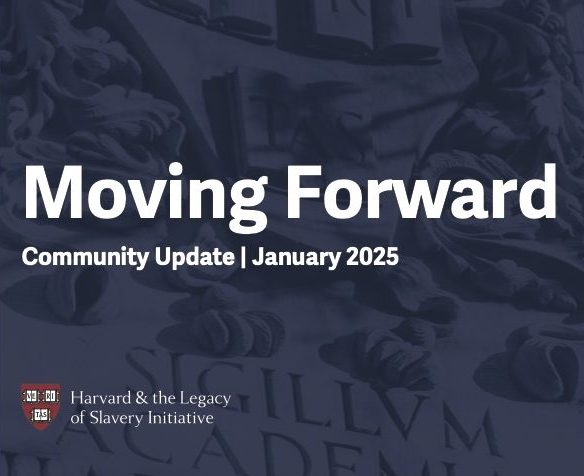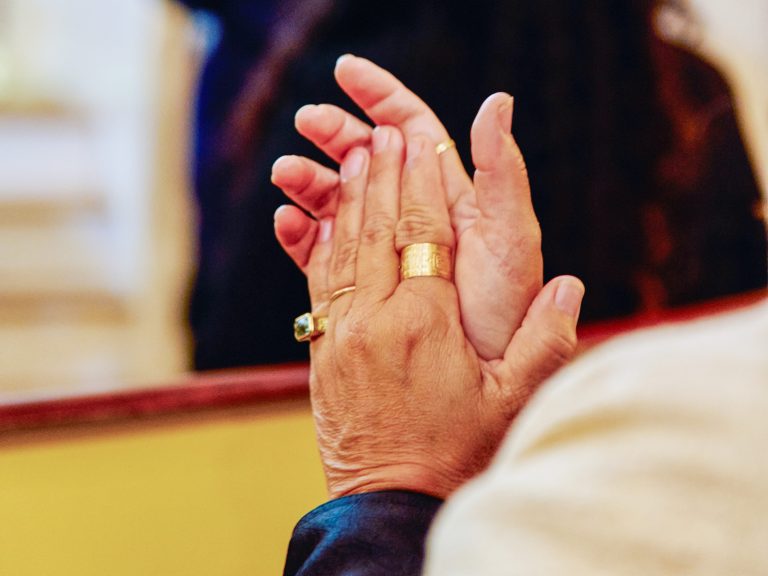About Us
Overview
The Harvard & the Legacy of Slavery Initiative is a University-wide presidential initiative anchored in years of research, led by Sara Bleich, vice provost for special projects, with strategic guidance from the Harvard & the Legacy of Slavery Advisory Council. We believe that if we transform Harvard into an institution that takes full accountability for its involvement in and benefit from slavery through actively advancing reparative efforts as an integral part of University culture, then we will have meaningful impact on direct descendants and descendant communities.

Featured
2025 Community Update
The 2025 Community Update shares highlights of the Harvard & the Legacy of Slavery Initiative’s work from April 2022 to January 2025, with a focus on how partnerships are driving accountability and action, and the Initiative’s next phase of strategic priorities.
The Initiative’s mission is shaped by the Report of the Presidential Committee on Harvard & the Legacy of Slavery, which was released in April 2022 and details the University’s historical ties to slavery in North America and the Caribbean.
The Report acknowledges three difficult truths:
- Harvard has direct ties to slavery
- Harvard has financial ties to slavery
- Harvard has intellectual ties to slavery
The Report outlined seven broad recommendations to steer the Initiative’s implementation work, calling on us to be accountable and to partner with Harvard, Cambridge, and Boston community members in addressing the enduring consequences of our legacy of slavery.

Mission and Values
Our mission is to understand and cast light on Harvard’s legacies of slavery and address enduring consequences through purposeful change. Our work is grounded in Harvard’s educational mission and the recommendations from the Report of the Presidential Committee on Harvard & the Legacy of Slavery.
We are anchored by these core values:
- We continue to seek and speak the truth
- We are open, honest, and accountable
- We value partnership and action
- We embrace justice and equity
- We approach our work with a growth mindset
Our Team
Our team – consisting of staff, an Advisory Council, and the Memorial Project Committee – believes that how we do this work is as important as what we do.
